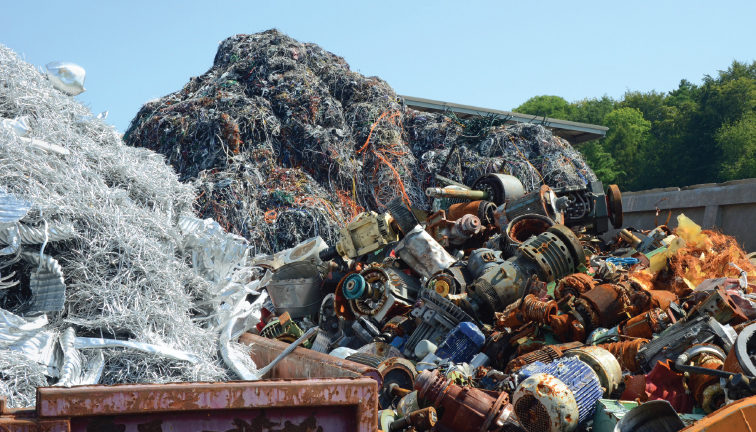 |
| Southeast Asia Nonferrous Scrap Trade |
Import Barriers Disrupt Southeast Asia’s Role as Nonferrous Scrap Hub
Southeast Asia has long served as a critical intermediary in the global nonferrous scrap trade, especially for aluminum and copper. However, recent import hurdles and trade tensions are testing this position. The region traditionally refines lower-grade scrap and re-exports it to China, which enforces stringent import standards. Yet, growing regulatory uncertainty and stricter import inspections, especially in Thailand and Malaysia, have led suppliers to seek alternative destinations such as India. This shift threatens Southeast Asia’s established supply chains and trading volumes.
Regulatory Crackdowns and Market Reactions
Thai authorities have intensified enforcement by seizing shipments classified as electronic waste (e-waste), including zorba—mixed metals with high aluminum content—and copper wire. These actions reflect stricter e-waste management laws but have also sparked controversy. Industry experts argue that some seizures represent a misinterpretation of international Basel Convention guidelines, harming legitimate scrap suppliers. The disruptions have caused shipping lines like Maersk to pause US-origin scrap shipments to Thailand, affecting an estimated $1.7 billion in material flows. Consequently, scrap exporters are diverting cargoes, while importers face higher compliance costs and complex documentation requirements.
Copper Scrap Trade and Broader Market Implications
While aluminum scrap flows face challenges, Southeast Asia’s copper scrap trade with China remains strong. Thailand recently overtook the US as China’s largest copper scrap supplier by volume. However, US-origin copper scrap imports into China have declined sharply due to tariff uncertainties and price volatility in London Metal Exchange copper futures. Trade experts warn that growing protectionism and export restrictions worldwide may further complicate the global scrap metal market. Industry leaders urge stronger international cooperation, compliance with evolving standards, and technological innovation to sustain scrap recycling and meet demand amid decarbonization efforts.
ScrapInsight Commentary
Southeast Asia’s nonferrous scrap sector confronts significant headwinds from import restrictions and trade tensions. These challenges could fragment supply chains and increase material costs globally. Policymakers and industry players must prioritize regulatory clarity and cross-border collaboration. Innovation in recycling technologies and environmental compliance will be key to maintaining Southeast Asia’s competitive edge and supporting circular economy goals.


